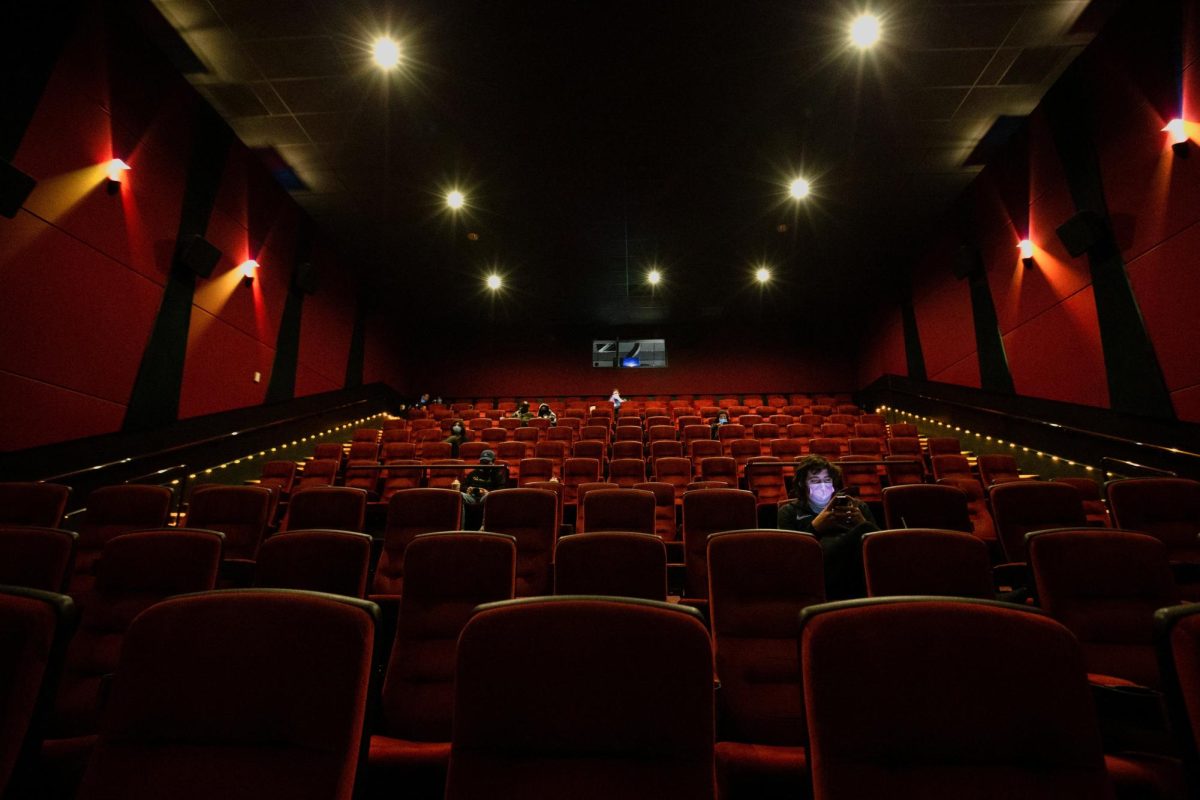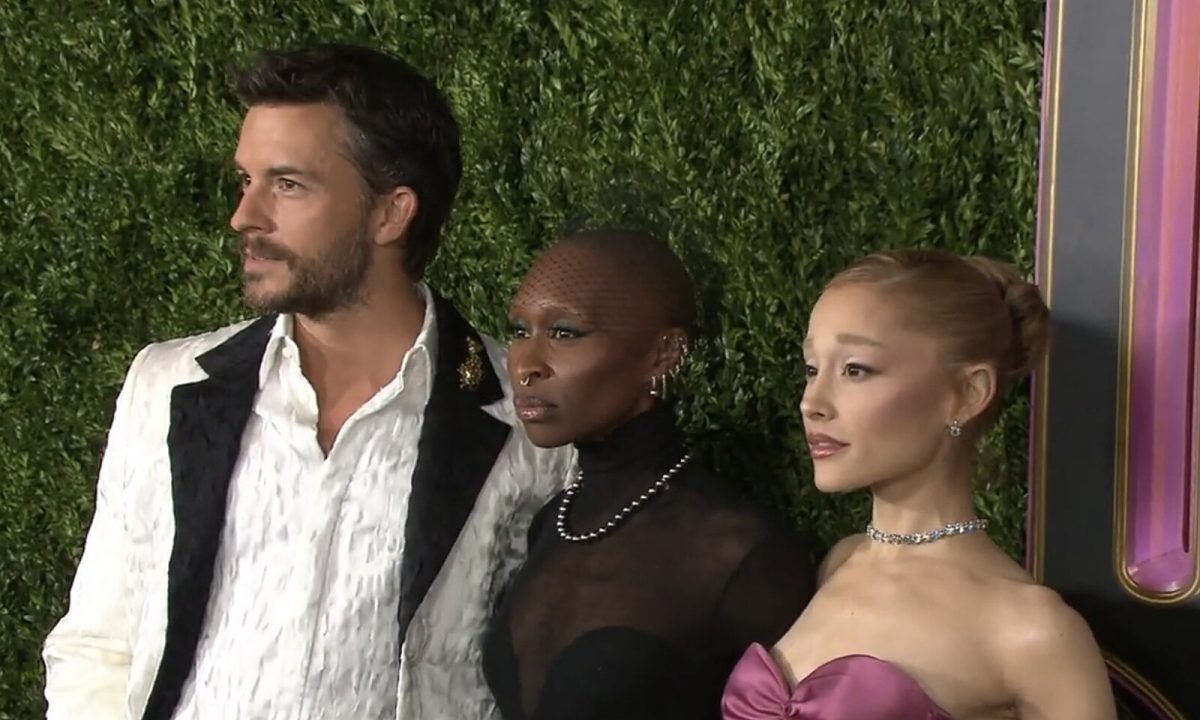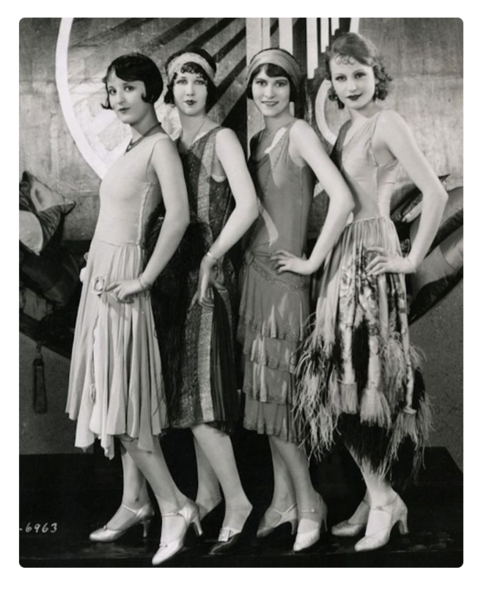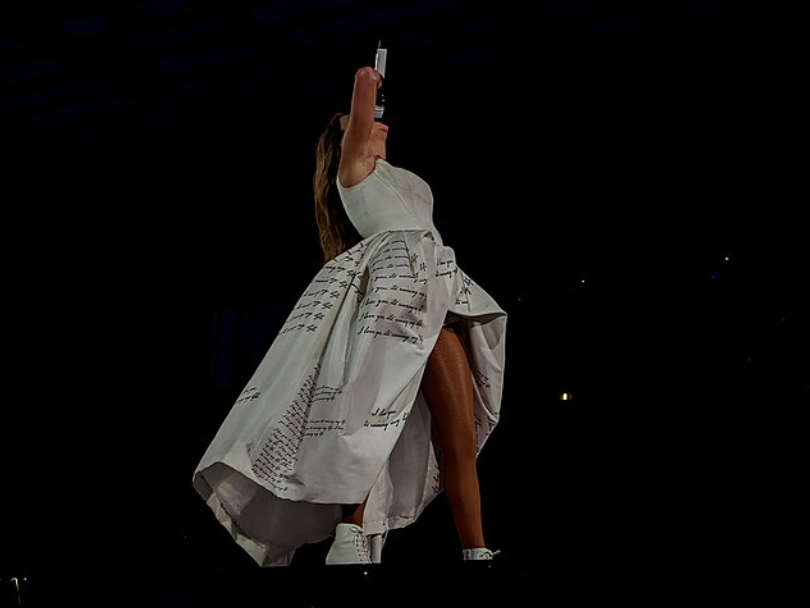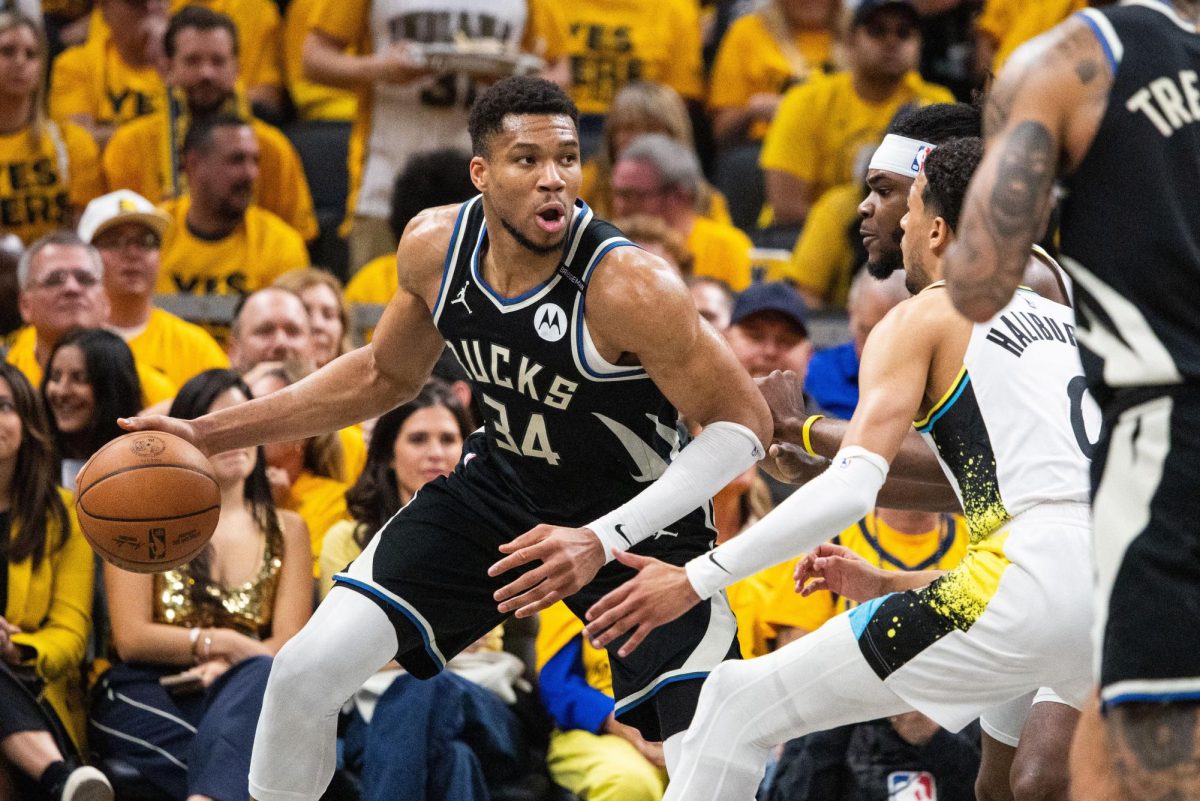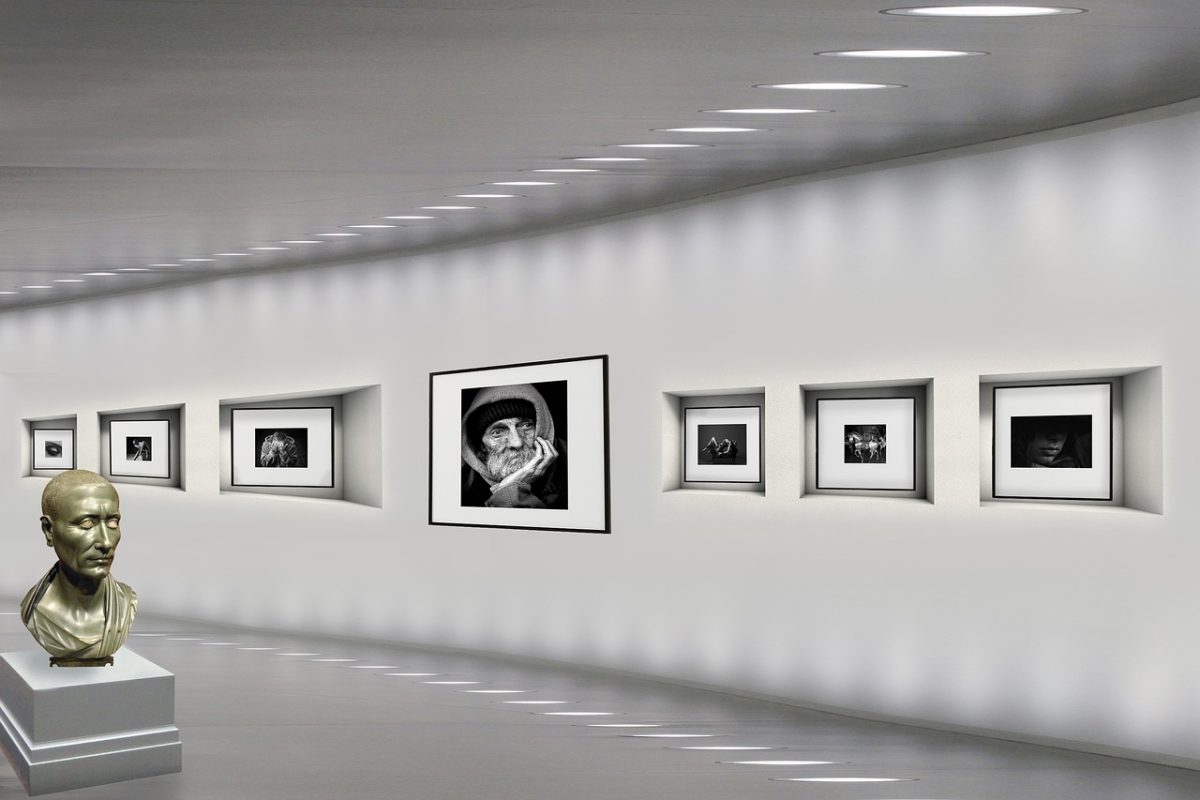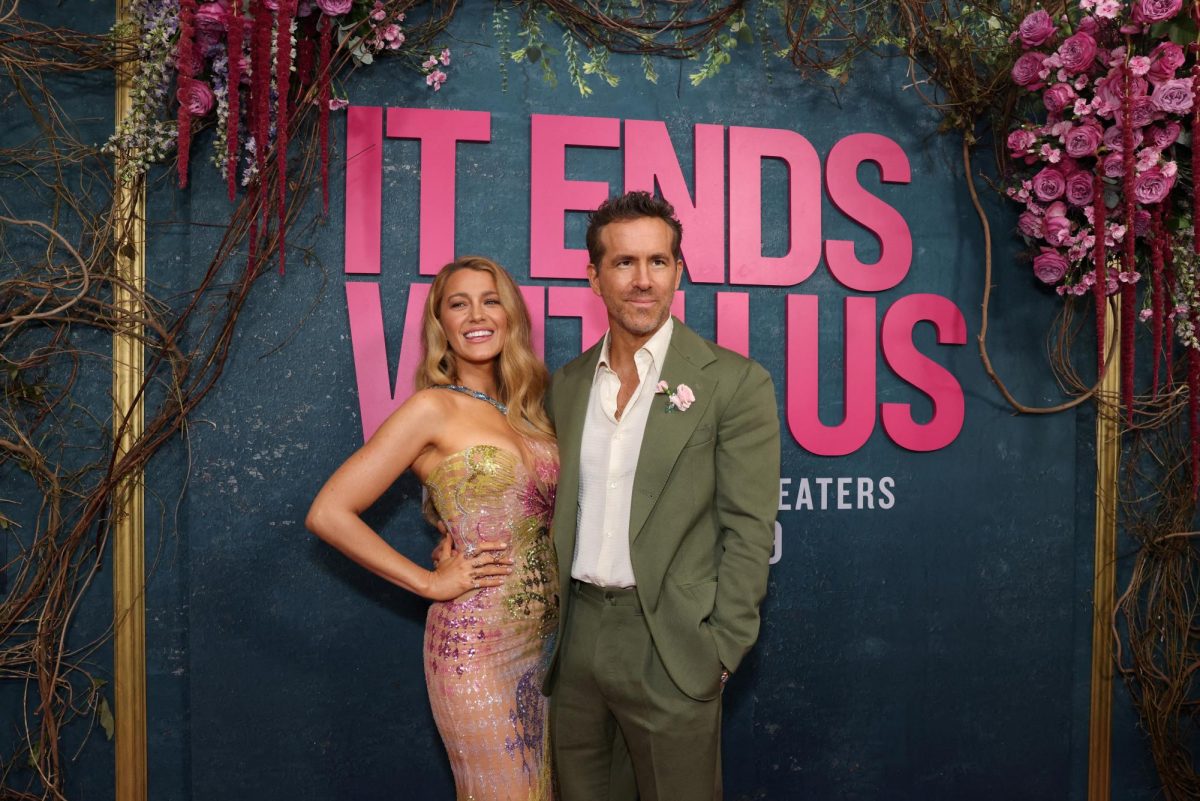Monkey Man, which premiered on April 5, 2024, garnered immense success upon its theatrical release. The film revolves around the journey of Anand, an orphaned child from India who sustains himself by participating and losing in wrestling matches. Anand’s character is intricately tied to the symbolism of Hanuman, a revered Hindu deity depicted as a monkey, known for embodying strength, heroism, and assertive excellence. Directed by Dev Patel, who also portrays the main character, Monkey Man introduces accurate South Asian representation in Western television. Patel’s dual role as director and lead actor adds depth and authenticity to the portrayal of Anand’s story, resonating with audiences worldwide.
Anand was orphaned at a young age due to political warfare in India. Anand begins to embody Hanuman as he grows older, honoring the teachings of his late mother. As Anand attempts to survive in a bustling Indian city, the film continues to introduce themes of identity, redemption, and the pursuit of self-discovery. The story is based around the death of Anand’s mother after she was brutally murdered by military forces. Following this, Anand vows to find the officer who committed this heinous crime and avenge his mother.
Throughout Monkey Man, Anand’s character flourishes as he goes from a self-concerned hardened orphan to a symbol of redemption and self-discovery. As the story progresses, Anand learns to confront his internal conflicts, seek forgiveness, and embrace vulnerability. This transition marks his discovery of self-identity, and highlights the determination and resilience Anand portrayed through his hardships. In addition to the exceptional writing and directing, Dev Patel’s acting performance was remarkable, and this is definitely seen in all of his projects. Patel brings authenticity, depth, and relatability to his roles, thrilling the audience as it watches. Patel emphasized Anand’s internal and external conflicts, and seamlessly embedded this into his well-executed plot and cinematography.
The process in creating this movie only proves the clear hard work and dedication Dev Patel put into this project. Originally this movie was set to be filmed in Mumbai, India, specifically in the city of Dharavi. However, the coronavirus prevented the crew from filming in India, so they had to resort to filming in the slums of Indonesia. For nine months, the crew was isolated in one specific location to prevent COVID from spreading, resulting in the same 350-400 people staying in one place for months straight. Aside from this, the budget was so miniscule, the crew only had one break-away table; so they had to reassemble the table after every shoot that it broke. Additionally, they ran out of sugar glass, which was essential to scenes that required breaking glass. The budget was minimal because Universal Studios had dropped out of funding midway through the project. However, the movie was eventually picked up and funded by Jordan Peele. Throughout the first few scenes, Patel had broken multiple bones during shooting, resulting in a delay in the release date multiple times. He also had to record on his phone for multiple scenes, as he could not access the proper camera equipment on time. Although the process of creating this movie was much harder than it should have been, the hard work paid off as the outcome was remarkable.
As a South Asian girl, this movie brings the most accurate representation of Desi culture I have seen in Western media. Patel portrays the language and the people so perfectly, it brings a sense of nostalgia as I watch the characters tell jokes in Hindi, or refer to something only a Desi person would understand. Personally, I believe this movie is a must watch for anyone, not just South Asians. Every audience member can relate to at least one aspect of this incredibly written storyline. Patel’s pure talent and amazing capabilities are clearly emphasized while watching this movie.




